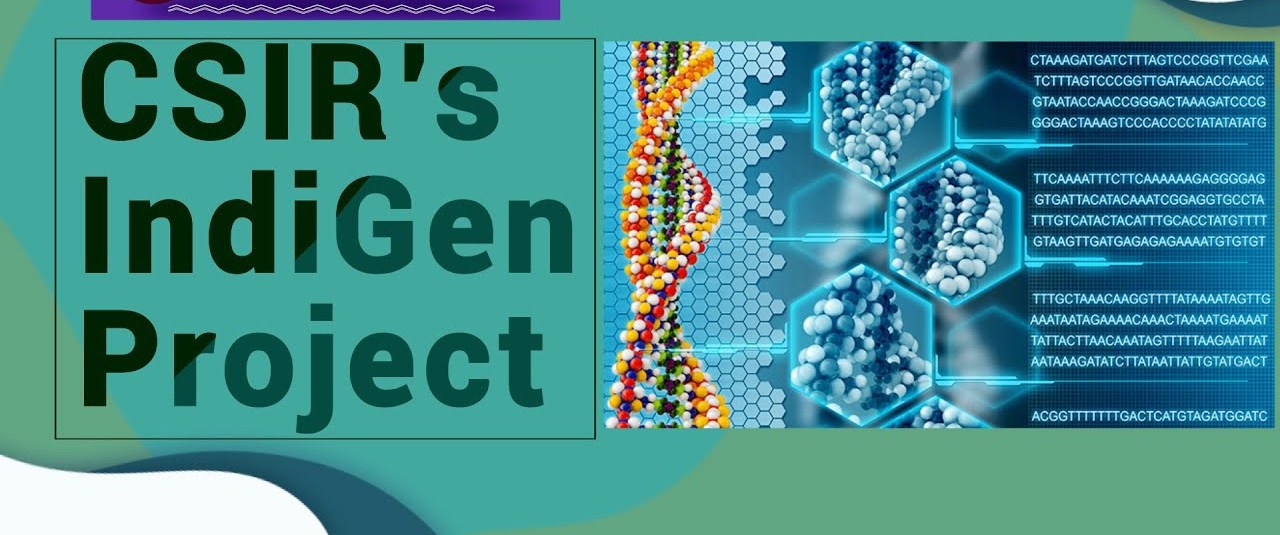IndiGen is a resource operationally under the CSIR. The evaluation of genomes of 1029 healthy individuals (Indians) to identify and develop therapies (based on genetic markers) for various ailments including cancer, was carried out by labs of IndiGen (under CSIR ). The study was completed and the results were achieved in 6 months. The results have been recently published in the journal Nucleic Acid Research.
Scientists have now analyzed genome (complete DNA set) of 1,029 healthy Indians and it was accomplished by CSIR constituent labs-Institute of Genomics and Integrative Biology (IGIB), Delhi and CCMB- Centre for cellular and molecular biology (CCMB), Hyderabad. Dr. Sridhar Sivasubu, (Senior principal scientist, CSIR-IGIB) stated that the analysis led to the recognition of over 55 million single-nucleotide variants in the Indian genome dataset. He also added that the comparison with the global genome data set revealed that 32.23% variations were unique and found only in the sample sequenced from India. This begs special attention on the part of the global research community to give importance to an India-centric population genomic study initiative.
Such studies involving SNVs help in carrying out haplotype-mapping. India is the second-most populous country with more than 1.3 billion people, having 17% of the world’s population. In spite of having such rich genetic diversity, the country has been under-represented in global genome studies. Population-specific variants are not sufficiently captured and catalogued in the global medical literature.
CSIR had initiated the IndiGen programme in April 2019 to fill the gap of whole-genome sequence from different populations in India. The programme has accomplished the whole genome sequencing of the 1029 self-declared healthy Indians. This has allowed for a benchmarking of the scalability of genome sequencing at a population scale in a defined timeline. At present, the IndiGenomes data resource provides a collection or more correctly a compendium of genetic variants. This compendium is representative of the contemporary Indian population with an objective of classifying variants that are involved in Mendelian disorders. This would ameliorate and restructure ‘Precision Medicine outcomes’.
This IndiGenomes resource can also help in the identification of genetic markers for carrier screening, variations which cause genetic diseases, provision of better diagnosis among others. This resource is widely accessible to researchers across the country as well as abroad. It is interesting to note that there have been over 2,00,000 page views on the IndiGenomes web page, by users spread across 27 countries. This shows the uniqueness of the resource.
The author is a student member of Amity centre of Happiness.





